Table of Contents Overview Ultimate Auction Pro Auctions Made Easy for WooCommerce Auctions for WooCommerce…
How to Resolve Common Plugin Conflicts in WordPress
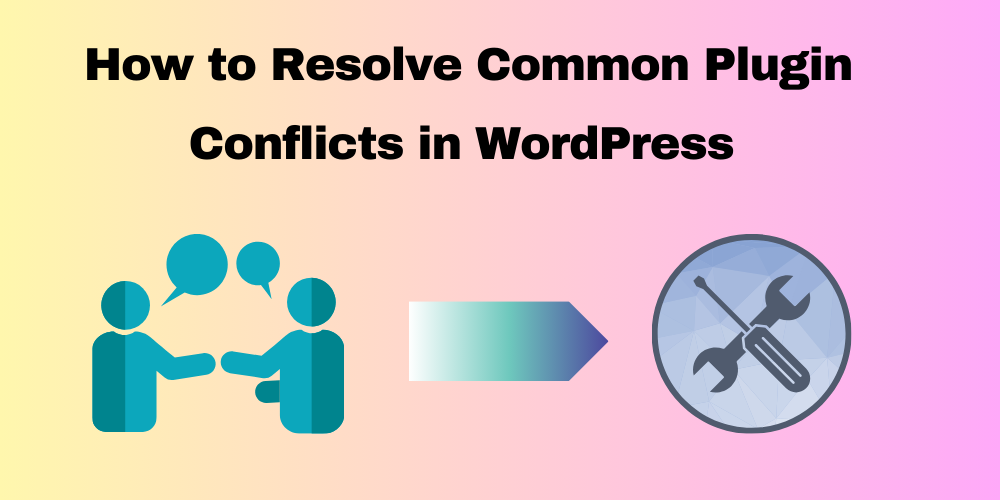
Table of Contents
- What Are Plugin Conflicts in WordPress?
- Signs of Plugin Conflicts
- How to Troubleshoot Plugin Conflicts
- Step-by-Step Guide to Fix Plugin Conflicts
- Preventing Future Plugin Conflicts
- Frequently Asked Questions
What Are Plugin Conflicts in WordPress?
A plugin conflict occurs when two or more plugins don’t work well together, causing errors, slowdowns, or website crashes. This can happen due to coding differences, outdated plugins, or compatibility issues.
Signs of Plugin Conflicts
- Website crashes or displays errors
- Broken design or missing features
- Slow website performance
- Admin panel becomes unresponsive
- Certain features stop working
How to Troubleshoot Plugin Conflicts
Before fixing the issue, confirm that a plugin conflict is the cause. Start by deactivating plugins and checking if the issue disappears.
Backup Your Website Before Proceeding
Before making any changes, take a complete backup of your website. This precaution ensures you can restore your site if anything goes wrong.
Step-by-Step Guide to Fix Plugin Conflicts
1. Deactivate All Plugins
Go to Plugins > Installed Plugins and deactivate all plugins. If the issue is resolved, a plugin conflict exists.
2. Reactivate Plugins One by One
Activate each plugin one at a time, checking your site after each activation to identify the problematic plugin.
3. Check for Plugin Updates
Outdated plugins can cause conflicts. Go to Plugins > Installed Plugins and update any outdated plugins.
4. Switch to a Default Theme
Sometimes, themes can conflict with plugins. Switch to a default theme like Twenty Twenty-One and check if the issue persists.
5. Enable Debugging Mode
Enable debugging by adding this line to your wp-config.php file:
define('WP_DEBUG', true);
Check for errors in the debug log to identify the conflicting plugin.
6. Check Plugin Compatibility
Before installing a plugin, check if it’s compatible with your WordPress version.
7. Contact Plugin Support
If you’ve found the conflicting plugin but can’t fix the issue, reach out to the plugin developer for support.
Preventing Future Plugin Conflicts
- Keep WordPress and plugins updated.
- Use well-coded plugins from trusted sources.
- Test new plugins on a staging site before using them on your live site.
- Limit the number of installed plugins.
Frequently Asked Questions
How do I know if a plugin is causing an issue?
Deactivate all plugins and reactivate them one by one to see when the issue occurs.
Can outdated plugins cause conflicts?
Yes, outdated plugins may not be compatible with newer WordPress versions, leading to conflicts.
How can I avoid plugin conflicts in the future?
Regularly update plugins, use quality plugins from reputable sources, and test plugins on a staging site before live deployment.
Should I delete unused plugins?
Yes, deleting unused plugins reduces the risk of conflicts and security vulnerabilities.

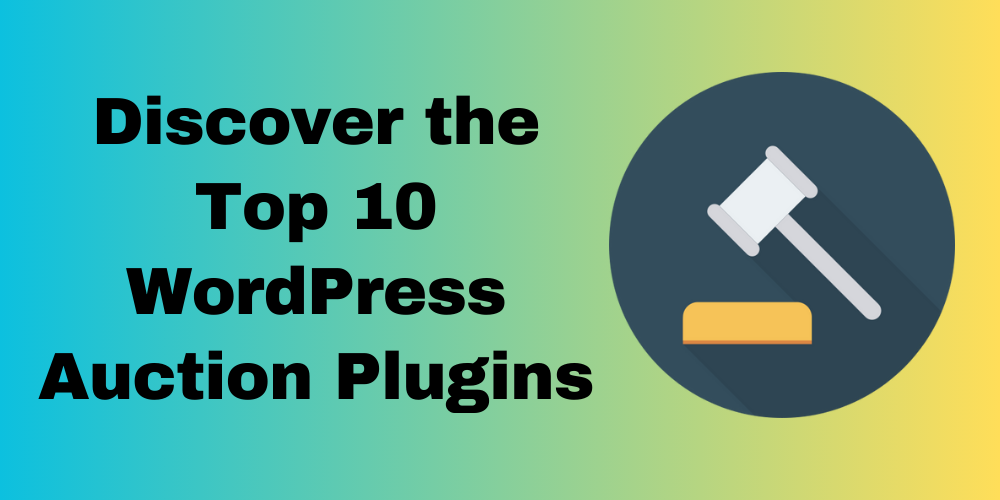
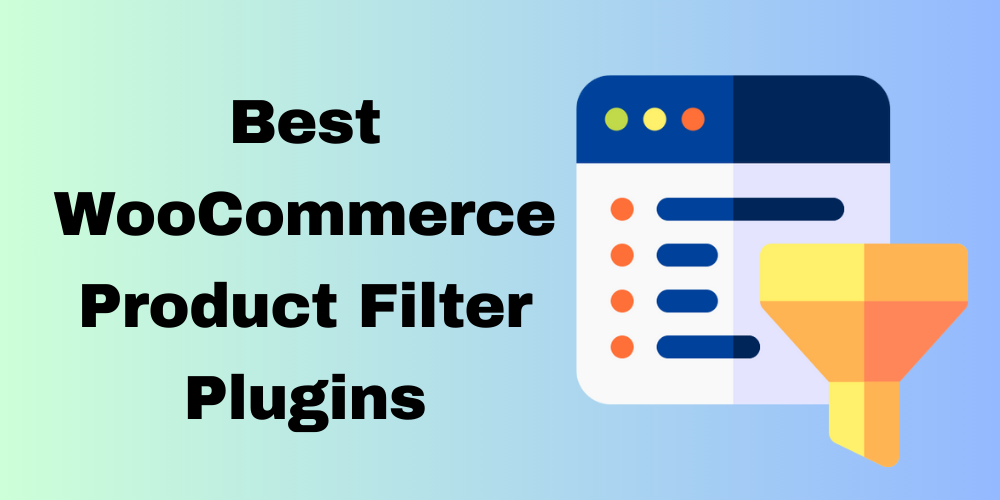
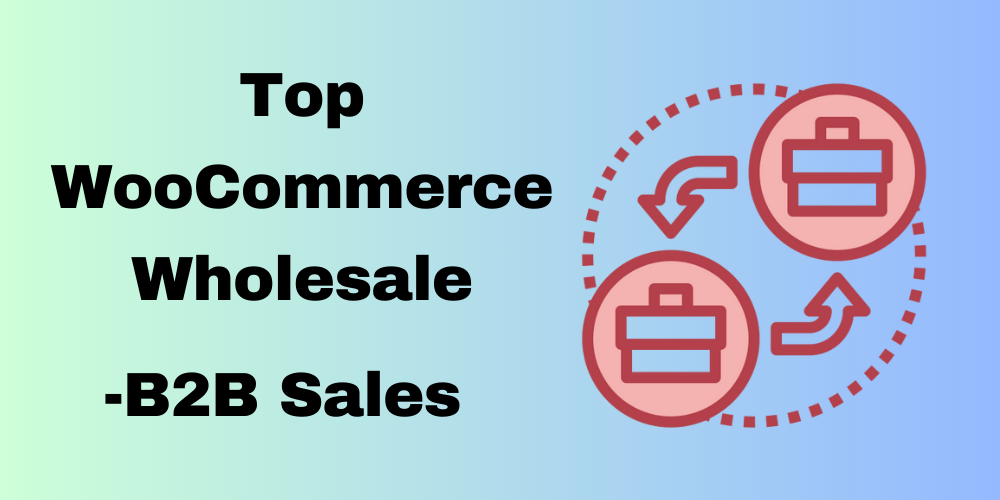


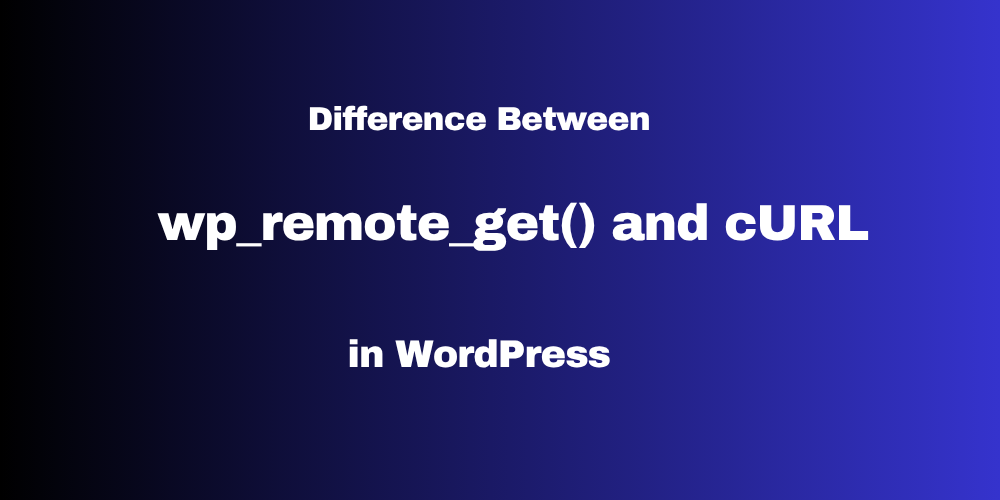
This Post Has 0 Comments